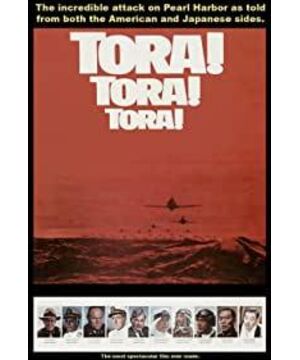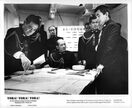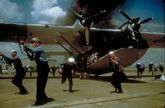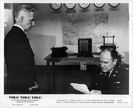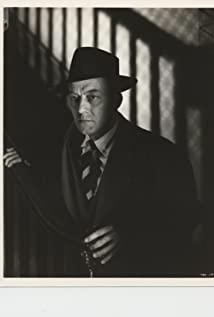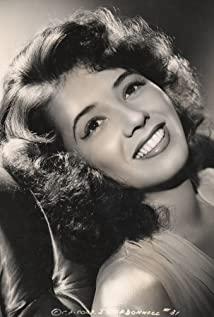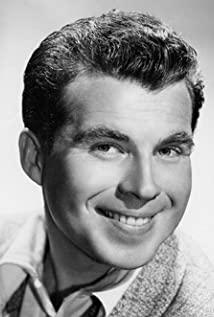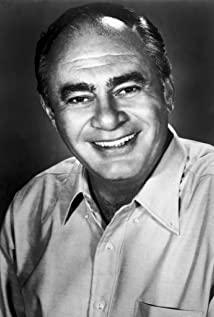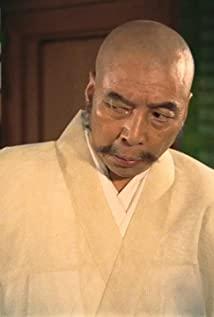It is more appropriate to say that it is a pseudo-documentary filmed by real people than a movie, especially the part filmed by the United States, except for a few main characters, such as the commander of the Pacific Fleet, General Kimmel, and Secretary of State Hull. The actors, especially the hapless officer who mistakenly used the Japanese plane as a plane that had come from the country, were completely silly, appeared on the stage, finished his lines expressionlessly, and ended up very deliberately and stiffly.
Relatively speaking, the part shot by the Japanese is much better, more like a movie, trying to restore the daily atmosphere that may have been there at that time. However, the Japanese side's defense and whitewashing of the emperor's war responsibilities with the United States is too obvious. What "the emperor refused to war, and you (in the play refers to Yamamoto Fifty-Six) must strongly oppose it, it is a sad ceremony" is really false. In addition, the behavior of Japan's attack on Pearl Harbor, which set off the second wave of war climax, was more beautifying. Whether it was Fubuta or ordinary pilots' gagging, the incident of Japan's surrender to Pearl Harbor enveloped more romanticism that regarded death as home. In Japan, from top to bottom, from ordinary people to grassroots officers and soldiers, the swelling enthusiasm of chauvinism from the beginning of the Russo-Japanese War is the root cause of the war. This is not mentioned in the movie. It shows that the Japanese side actually lacked reflection on Japan's war responsibilities in World War II, and regarded Japan's war against the United States as a strategic misstep rather than a moral culpability. So my personal evaluation of this movie is very low. Whether it is connotation or artistry, this movie is not good.
View more about Tora! Tora! Tora! reviews


